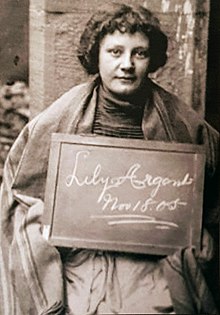
Swansea is a coastal city and the second-largest city of Wales. It forms a principal area, officially known as the City and County of Swansea.

Emilie Charlotte, Lady de Bathe, known as LillieLangtry and nicknamed "The Jersey Lily", was a British socialite, stage actress and producer.

Sidney James Webb, 1st Baron Passfield, was a British socialist, economist and reformer, who co-founded the London School of Economics. He was an early member of the Fabian Society in 1884, joining, like George Bernard Shaw, three months after its inception. Along with his wife Beatrice Webb and with Annie Besant, Graham Wallas, Edward R. Pease, Hubert Bland and Sydney Olivier, Shaw and Webb turned the Fabian Society into the pre-eminent politico-intellectual society in Edwardian England. He wrote the original, pro-nationalisation Clause IV for the British Labour Party.

Annie is a musical with music by Charles Strouse, lyrics by Martin Charnin, and a book by Thomas Meehan. It is based on the 1924 comic strip Little Orphan Annie by Harold Gray. The original Broadway production opened in 1977 and ran for nearly six years, setting a record for the Alvin Theatre. It spawned numerous productions in many countries, as well as national tours, and won seven Tony Awards, including for Best Musical. The musical's songs "Tomorrow" and "It's the Hard Knock Life" are among its most popular musical numbers.

Morfydd Llwyn Owen was a Welsh composer, pianist and mezzo-soprano. A prolific composer, as well as a member of influential intellectual circles, she died shortly before her 27th birthday.

Ruth Madoc was a British actress who had a career on stage and screen spanning over 60 years. She was best known for her role as Gladys Pugh in the BBC television comedy Hi-de-Hi! (1980–1988), for which she received a BAFTA TV award nomination for Best Light Entertainment Performance.
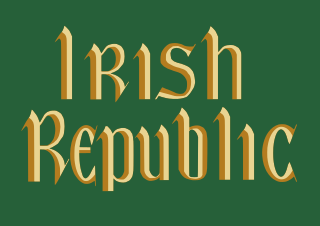
Cumann na mBan, abbreviated C na mB, is an Irish republican women's paramilitary organisation formed in Dublin on 2 April 1914, merging with and dissolving Inghinidhe na hÉireann, and in 1916, it became an auxiliary of the Irish Volunteers. Although it was otherwise an independent organisation, its executive was subordinate to that of the Irish Volunteers, and later, the Irish Republican Army.
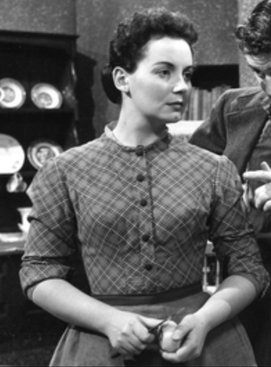
Margaret John was a Welsh, BAFTA award-winning actress, known for her role as Doris O'Neill in Gavin & Stacey.

L. T. Meade was the pseudonym of Elizabeth Thomasina Meade Smith (1844–1914), a prolific writer of girls' stories. She was born in Bandon, County Cork, Ireland, daughter of Rev. R. T. Meade, of Nohoval, County Cork. She later moved to London, where she married Alfred Toulmin Smith in September 1879.
Dame Olive Annie Wheeler, DBE was a Welsh educationist and psychologist, and Professor of Education at University College of South Wales and Monmouthshire, now Cardiff University.

Annie Shepherd Swan, CBE was a Scottish journalist and fiction writer. She wrote mainly in her maiden name, but also as David Lyall and later Mrs Burnett Smith. A writer of romantic fiction for women, she had over 200 novels, serials, stories and other fiction published between 1878 and her death. She has been called "one of the most commercially successful popular novelists of the later nineteenth and early twentieth centuries". Swan was politically active in the First World War, and as a suffragist, a Liberal activist and founder-member and vice-president of the Scottish National Party.
Rev. Ridgway William Newland, frequently spelled "Ridgeway", was an English Congregationalist minister who with his large family emigrated to the young colony of South Australia, where he had a considerable influence in the Encounter Bay district. Many of his descendants were important in the history of the State. He has been called "The father of the South".

The Swansea Constitution Hill Incline Tramway operated a cable funicular tramway service on Constitution Hill in Swansea between 1898 and 1901.

Charles Hervey Bagot, often referred to as "Captain Bagot", was an Irish-born South Australian pastoralist, mine owner and parliamentarian, and was the ancestor of a number of notable South Australian citizens.

The Advanced School for Girls was a South Australian State school whose purpose was to prepare girls to qualify for entry to the University of Adelaide. Founded in 1879, the school merged with Adelaide High School in 1907.
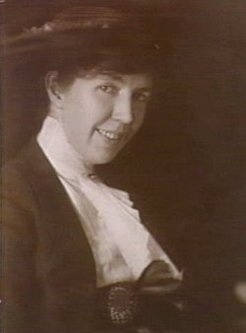
May and Mina Moore were New Zealand-born photographers who made careers as professional photographers, first in Wellington, New Zealand, and later in Sydney and Melbourne, Australia. They are known for their Rembrandt-style portrait photography, and their subjects included famous artists, musicians, and writers of the era.

John Beveridge, JP was a New South Wales businessman, sportsman and local government politician, who served as an Alderman (1886–1891) and Mayor of Redfern (1891).
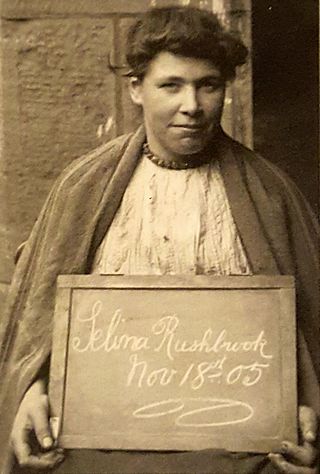
Selina Jenkins Rushbrook, was a Welsh petty criminal, prostitute and brothel keeper from Swansea, Wales. Raised by her mother following her father's death when she was four years old, she moved out of her family home as a teenager and served her first prison sentence at the age of 18, by which time she was already working as a prostitute. She received many convictions for prostitution, public order offences and theft in subsequent years. In 1901 she married shoemaker Ebenezer Rushbrook, and continued to work as a prostitute and thief. The couple moved to Bridgend, and although both Selina and Ebenezer Rushbrook were convicted of theft in 1902 she appears not to have come to the attention of the authorities for the three years following that incident.
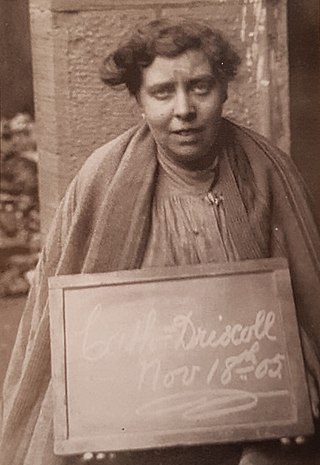
Catherine Lynch, née Catherine Driscoll, also known as Kate Driscoll, was a petty criminal from Swansea, Wales. Following the death of her father in an industrial accident in 1900, Driscoll took up employment as a domestic servant to a local publican's family. She rapidly descended into crime and alcoholism, and over the next few years was regularly convicted of prostitution, theft, and alcohol-related public order offences. She married in 1906, becoming Catherine Lynch, and although her criminal activity appears to have fallen somewhat following her marriage she continued drinking heavily.
